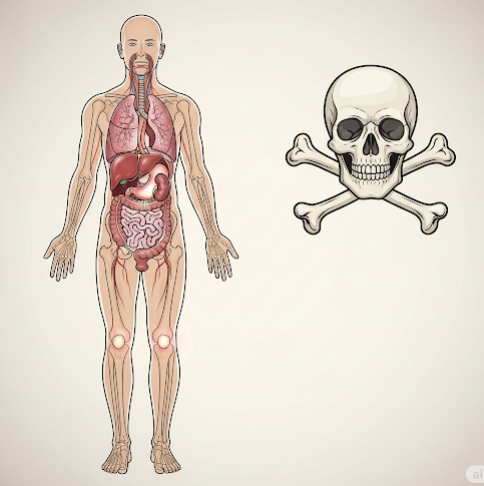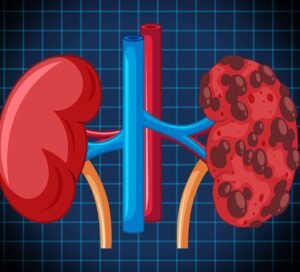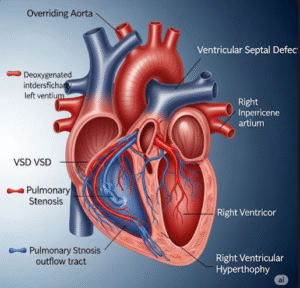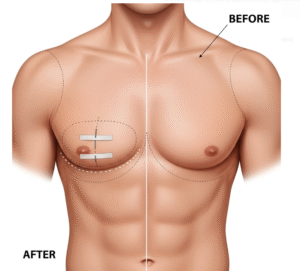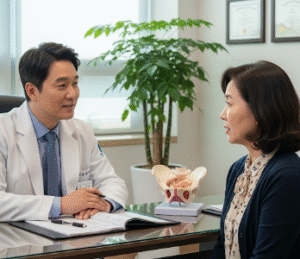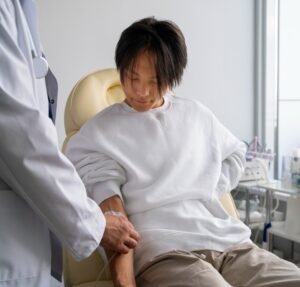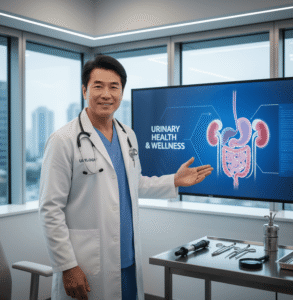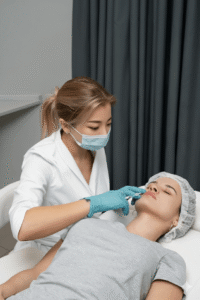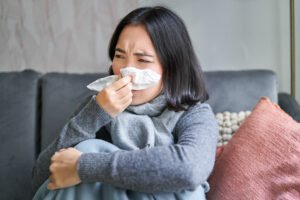Overview
Poisoning is a medical emergency that occurs when a person is exposed to a harmful substance that disrupts normal body functions. It can happen through ingestion, inhalation, injection, or skin absorption of toxic agents such as chemicals, medications, gases, plants, or contaminated food. Poisoning ranges from mild to life-threatening and can affect people of all ages. Prompt recognition and treatment are critical to preventing serious complications or death.
What is Poisoning?
Poisoning refers to the toxic effects of substances that are harmful to the body. These substances may be accidentally or intentionally introduced and can cause a wide range of physical and psychological symptoms depending on the type, amount, and route of exposure.
Common types of poisoning include:
- Food poisoning
- Drug overdose (prescription or recreational)
- Household chemical ingestion
- Carbon monoxide poisoning
- Alcohol poisoning
- Heavy metal poisoning (e.g., lead, mercury)
- Poisonous plants or animals
Some poisons act quickly, while others build up over time (chronic poisoning).
Symptoms
Symptoms of poisoning can vary widely depending on the substance and the dose. Common general signs include:
- Nausea and vomiting
- Abdominal pain
- Dizziness or confusion
- Breathing difficulties
- Seizures
- Loss of consciousness
- Irregular heartbeat
- Skin burns or discoloration
- Pupil changes (dilated or constricted)
- Excessive salivation or sweating
In chronic poisoning, symptoms may be more subtle, such as fatigue, cognitive decline, or organ dysfunction.
Causes
Poisoning can be caused by exposure to a wide variety of substances:
- Medications – overdose of painkillers, sedatives, antidepressants, etc.
- Chemicals – household cleaners, pesticides, antifreeze
- Gases – carbon monoxide, chlorine, or other toxic fumes
- Food – spoiled or contaminated food (e.g., botulism, shellfish poisoning)
- Plants and Fungi – such as belladonna, oleander, or wild mushrooms
- Alcohol – excessive consumption or drinking methanol/ethanol substitutes
- Metals – lead, arsenic, or mercury exposure
- Bites and Stings – venom from snakes, spiders, insects, or marine animals
Poisoning can be accidental, occupational, environmental, or intentional (e.g., suicide attempt or substance abuse).
Risk Factors
Anyone can be poisoned, but some groups are at higher risk:
- Children – due to curiosity and accidental ingestion
- Older adults – especially those on multiple medications
- Individuals with mental health conditions or addiction
- Workers in chemical, industrial, or agricultural settings
- People in areas with poor food safety or environmental regulations
- Lack of proper labeling or storage of toxic substances
Complications
If not treated promptly, poisoning can result in serious and potentially fatal complications:
- Respiratory failure
- Seizures and coma
- Kidney or liver failure
- Cardiac arrest
- Neurological damage
- Shock
- Chronic organ damage
- Death
Delayed treatment increases the risk of long-term disability or fatality, especially in severe or unknown poisoning cases.
Prevention
Most poisoning cases can be prevented with awareness and caution:
- Keep medications and chemicals out of children’s reach
- Label and store toxic substances properly
- Use carbon monoxide detectors in homes and workplaces
- Follow prescription instructions carefully
- Avoid mixing household cleaners (e.g., bleach + ammonia)
- Avoid consuming unknown plants, mushrooms, or wild foods
- Ensure proper ventilation when using chemicals
- Dispose of expired or unused medicines safely
- Educate family members on poison risks and first aid
In cases of suspected poisoning, call emergency services immediately or a poison control center.
Treatment Options in Korea
South Korea offers highly advanced and rapid emergency care for poisoning cases, with access to specialized toxicology teams, 24/7 emergency departments, and intensive care units.
1. Emergency Treatment
- Airway, breathing, circulation (ABC) stabilization
- Activated charcoal to limit absorption (within 1–2 hours of ingestion)
- Gastric lavage (stomach pumping) in select severe cases
- IV fluids and medications to stabilize vital signs
- Antidotes (e.g., naloxone for opioid overdose, atropine for pesticide poisoning)
- Hemodialysis for poison removal in some drug or chemical exposures
2. Diagnostics and Monitoring
- Blood and urine tests to identify toxins
- Toxicology screening for unknown substances
- Electrolyte and organ function monitoring
- ECG and imaging for cardiac or neurological effects
3. Supportive Care and Rehabilitation
- ICU admission for severe poisoning
- Psychiatric evaluation in cases of intentional poisoning
- Detox and substance abuse treatment if needed
- Long-term organ monitoring for chronic exposure
4. Leading Hospitals in Korea
Top-tier hospitals such as Asan Medical Center, Samsung Medical Center, Severance Hospital, and Seoul National University Hospital provide:
- 24/7 emergency care
- English-speaking staff for international patients
- Specialist toxicology consultation
- Integrated psychiatric and rehabilitation services

